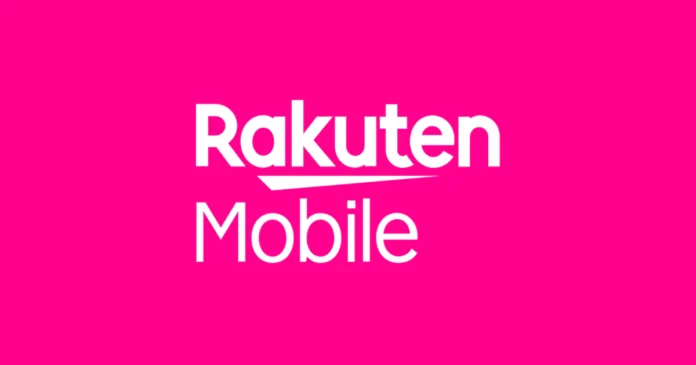The deal includes high-traffic shopping districts in Tokyo’s 23 wards and the cities of Osaka and Nagoya
Japanese operator Rakuten Mobile signed a new three-year roaming agreement with rival operator KDDI and its subsidiary Okinawa Cellular.
In a release, Rakuten Mobile said the new roaming deal includes areas not covered by a previous roaming agreement, including high-traffic shopping districts in Tokyo’s 23 wards as well as the cities of Osaka and Nagoya.
Under the terms of the deal, KDDI will continue to provide roaming services for select indoor locations such as subways, underground shopping centers, tunnels and other indoor facilities and rural areas. The new roaming agreement comes into effect in June 2023 and extends to September 2026
The telcos said the new agreement replaces a deal announced in 2018 running to March 2026.
“Utilizing these roaming services allows Rakuten Mobile to provide subscribers with a more convenient service by improving network connectivity rapidly and efficiently, while at the same time limiting its financial burden. Additionally, by promoting the shared use of its infrastructure, KDDI will drive both the effective use of its 4G infrastructure and the rollout of its 5G network,” Rakuten Mobile said.
Rakuten Mobile said its 4G networks reached 98% of the population at the end of October 2022. The telco was expecting to reach 60,000 mobile sites with the addition of 8,000 new sites across Japan in the first months of 2023.
In February, Rakuten Mobile chairman Mickey Mikitani noted that the telco’s roaming costs continued to decline. On an earnings call, Mikitani said that network construction and roaming costs will be reduced significantly by the end of this year.
The executive also highlighted that over 95% of the telco’s data traffic in Q4 2022 was carried on its own network, compared with 83% in the year-ago quarter. Rakuten Mobile also aims to eliminate domestic roaming by the end of 2023, generating savings of JPY180 billion ($1.4 billion) annually, Mikitani added.
Rakuten Mobile previously said its spectrum in the so-called platinum band (800/900 MHz) will enable the company to boost 5G coverage in 2024 by making use of existing assets.
The operator had a total of 7,058 outdoor 5G base stations in operation as of the end of last year. In September 2020, Rakuten Mobile had launched 5G services in parts of Tokyo, Kanagawa, Saitama, Hokkaido, Osaka and Hyogo. The service was initially offered via Non-Stand Alone (NSA) 5G architecture.

